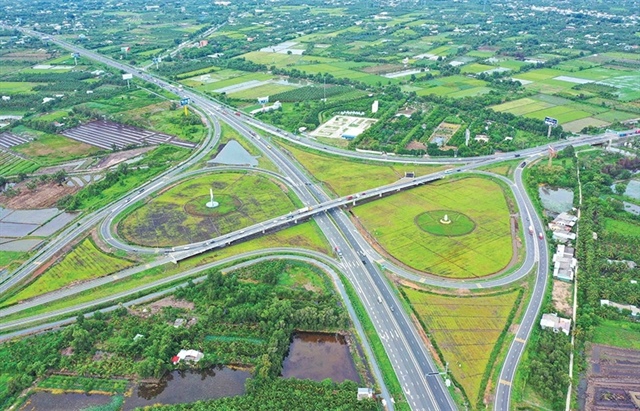Foreign investors concerned about tax incentives and procedures
Foreign investors concerned about tax incentives and procedures
The lack of flexibility in tax incentive policies and the authorities’ delays in helping foreign investors to complete licensing procedures are two factors hindering foreign investors in Vietnam.
This was messaged by Bui Ngoc Tuan, deputy general director of Deloitte Vietnam, at the workshop themed “Investment Incentives, related party transactions: Situation and solutions” organised by the Ministry of Planning and Investment and the Ministry of Finance in collaboration with Deloitte in Hanoi on July 10.
According to Tuan, the tax incentive policy and the investment procedures are two major factors impacting the investment decisions of foreign investors.
In general, foreign investors are quite pleased with the existing tax incentive policies of Vietnam, which create favourable conditions for them to invest in new projects and expand their operations in Vietnam.
Especially, there are continuous decreases in corporate tax rate, which went from 32 per cent in 2000 to 20 per cent in 2018. With the exemption of Singapore, the corporate tax rate in Vietnam is lower than in most countries in Southeast Asia, including Thailand, Malaysia, the Philippines, Indonesia, and Japan.
The authorities are working to simplify investment licensing procedures. Besides, in comparison with other countries in the region, the time to complete procedures in Vietnam is shorter.
However, in reality, Vietnam is still focusing on giving major tax incentives to projects in specific geographical areas and the projects’ scale, instead of considering the tax incentives to the specific sectors. Besides, tax incentives in the high value-added service sectors are not attractive enough to lure in more foreign investment.
In addition, numerous tax policies are quite rigid, and as a result, numerous foreign investors cannot enjoy maximum tax incentives, curbing their enthusiasm to expand their operations in Vietnam.
Furthermore, there is no information stating which and what level of incentives companies enjoy. Government agencies and local authorities rarely publish information on budgetary losses from tax incentives, and they do not calculate tax incentives in their budget expenditure. There is no thorough analysis on the costs and benefits of tax incentive policies in terms of encouraging investment.
In spite of simplifying licensing procedures, foreign investors take up to three months to complete the investment registration procedures, while according to regulations, it should only take both domestic and foreign enterprises only 22 days.
Besides, foreign investors have been facing difficulties in approaching information. The investment information published on the websites of provinces, cities or the managing boards of industrial zones and economic zones are quite poor, thus, instead of studying investment opportunities on these websites, they have to directly visit the provincial authorities and industrial parks and economic zones.
Nguyen Thu Thuy, the representative of the Tax Policy Department under the Ministry of Finance, stated: "The existing tax policies contribute to helping Vietnam achieve the target to lure in foreign investment as well as local private investment, while simultaneously stimulating economic growth. However, there are still problems. Thus, in order to deal with problems, the promulgation of new policies (tax incentives, investment incentives, among others) must strictly abide by the principles and commitments made by Vietnam to international organisations, ensure fair and non-discriminatory goals between foreign and local firms."
Speaking at the workshop, Tuan stated that in spite of having disadvantages in the tax incentive policy as well as procedures for granting licences, the 20 per cent corporate income tax and other tax incentives are attracting foreign investors.
The problem is that the government needs to determine the specific sectors and regions where it wants to focus foreign investment to build specific incentive policies in order to lure foreign investors.






















